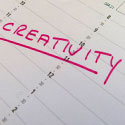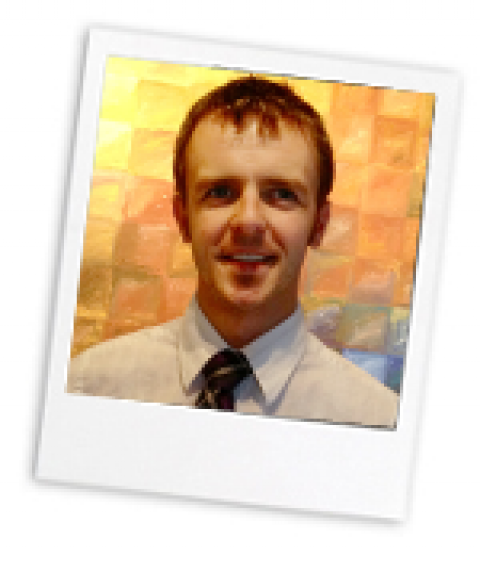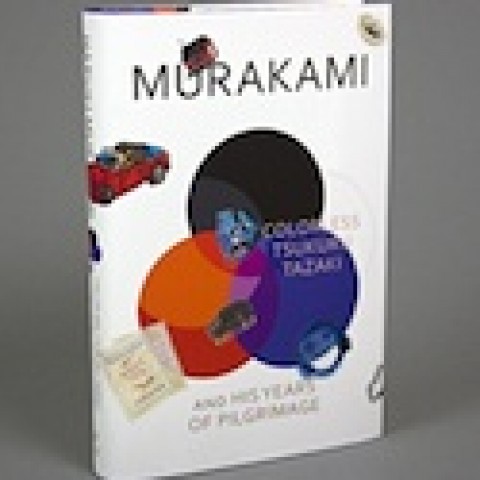
Every year we leap into January with a sincere determination to “get it right this time”, to get on top of our workload before it gets on top of us. And every year we find ourselves right back at the bottom of the scrum. Privately we chalk it up to one more personal failing, somewhere between that unused gym membership and that foreign language we can’t seem to nudge beyond the “nice to meet you” stage.
It’s around this time that we usually turn to the self-help shelf. If we’re lucky, we’ll discover 2013’s Manage Your Day-to-Day: Build Your Routine, Find Your Focus & Sharpen Your Creative Mind.
Though a book published by Behance-owned productivity site 99u.com and printed by Amazon Publishing isn’t calculated to inspire confidence, this little volume could turn everything around for you in 2014.
Here we’ll focus on just three tips therein that could set you free. All can be summed up with one simple word: “disconnect”.
1. Do creative work first, e-mail afterward
Though there are 20 short articles in the book by an assortment of writers, business people, psychologists and others, it’s the very first, “Laying the Groundwork for an Effective Routine,” that’s crucial. Simply put, it says: Do your creative work first thing every day.
In the morning, our energy and attention levels are at their highest. And what do most of us spend our time tackling at that peak time? Emails and voicemails. As another part of the book points out, being able to delete each message we’ve responded to gives us the feeling that we’ve accomplished a lot more than we actually have. As author Mark McGuinness puts it:
“By the time you settle down to your own work, it could be mid-afternoon, when your energy dips and your brain slows.”
Ah well, I’ll tackle that design that’s been giving me trouble tomorrow, we think, but of course we’ll be hit with another flood of messages, each more insistent than the last. And day by day, that’s how our year gets away from us.
As design luminary Stefan Sagmeister explains, “I try to do the most difficult things early in the morning. If I start with easy stuff, meaning if I start checking and answering email, it’s very difficult to then convince myself to do difficult things later on.”
2. Put Creativity on the Calendar
After you’ve turned off your email program, the next thing you’ll need to do is set up a standing time in the mornings that you’re going to devote to your creative work, and put them on your office’s shared calendar. Put up a sign on your cubicle wall, your office door, whatever you have to do to inform officemates that from time X to time Y, you’re not in.
This is probably a good a time to mention that some of your co-workers might not be too crazy about your new approach to time management. They’ll get over it. If they can somehow wait for an answer to an email or for you to return to your office when you have a meeting scheduled, they can do the same those times of the morning when you’re doing the work you’re actually paid to do.
3. Stay offline during your creative work.
Manage Your Day-to-Day makes an excellent point about the harm that Internet access does to our creativity, and backs it up with a sobering 2011 study conducted at the University of Copenhagen.
In it, participants were told to perform a task on the computer. Afterward, some were allowed to push a button that played a funny video, while others were told to resist the temptation to push the button. “When confronted with an additional task afterward, those who had to resist the video performed worse than those who were allowed to watch it.”
It doesn’t take a scientist to draw the obvious conclusions between this and our addictions to social media, email, and Googling-without-end. It isn’t enough to have your browser open and resist hitting up Facebook, YouTube, or indeed checking your email. You can create or you can consume; your choice.
Like all the best advice, these three rules resonate precisely because, on some level, we’ve always known the answer to getting the most out of ourselves, and our year.
……

He is the author of the new book Soap! The Unauthorized Inside Story of the Sitcom that Broke all the Rules, and The Gilmore Girls Companion. Who knew?










